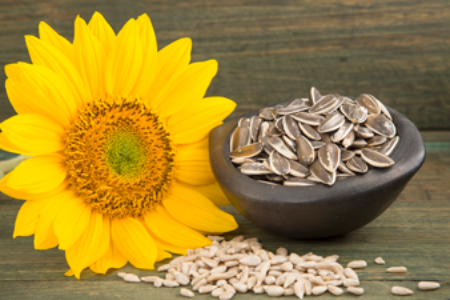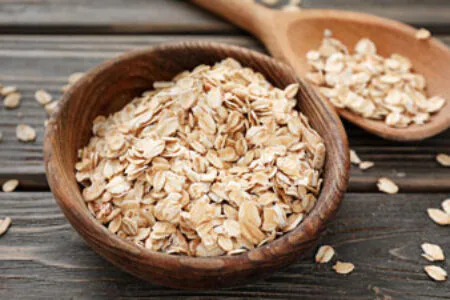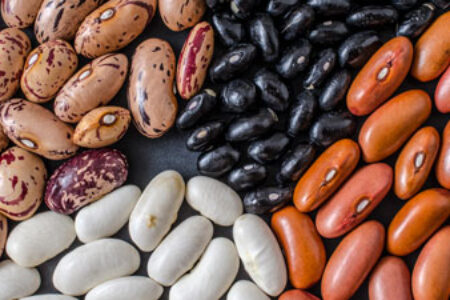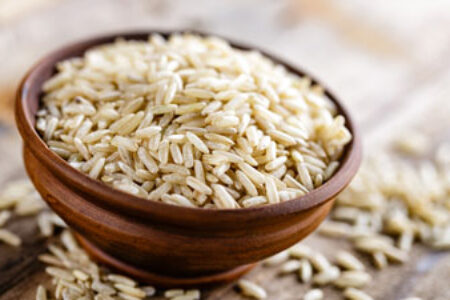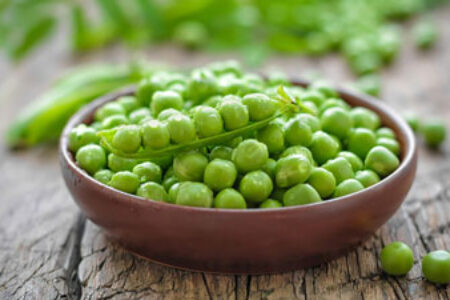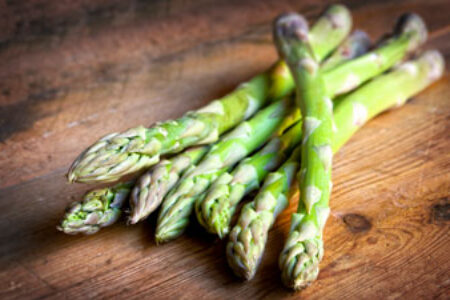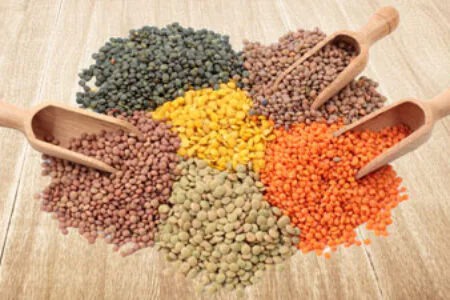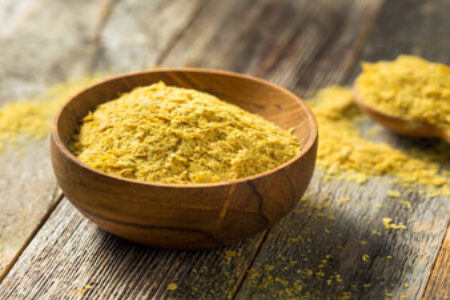
Vitamin B1, also known as thiamin or thiamine, is present in multiple foods, and therefor deficiency is very rare. When it does happen, it’s usually due to absorption issues caused by alcoholism, HIV, or certain medications.
We need vitamin B1 to metabolize our food into energy, to support our cells, and for our brain and heart health. Deficiency may lead to dry beriberi, which results in impaired sensory, motor and reflex functions; or wet beriberi, that affects our heart and circulatory system, and may result in heart failure.
Thiamin is water-soluble, therefor we do need to replenish it regularly, but because it is so easy to find, particularly through whole, plant-based foods, we are constantly replenishing it without even knowing. Some key sources include legumes, seeds, and whole grains.
Scroll down to learn more about whole-food, plant-based vitamin B1 sources. Then, be sure to use our personalized calculator to discover how much you and your family need every day. Keep scrolling for some interesting facts, and a comparison between vitamin B1 sources.
Top Whole-Food, Plant-Based Sources
Hover over each food below to see how much vitamin B1 or thiamin you can get with one serving. Click on each food’s picture to visit its interactive page with a personalized calculator of all the nutrition you can get from one serving, more information about how it supports our body, tips to choose and prepare it, interesting facts, and more!
Vitamin B1 Thiamine Personalized Calculator
See how much vitamin B1 you and your family members need, according to the Dietary Guidelines for Americans, 2020-2025.
Terminology:
- Daily Value (DV): The recommended amount of nutrients to consume each day for individuals who are 4 years old or older.
- Recommended Daily Allowance (RDA): The recommended amount of nutrients to consume each day according to the individual’s age, gender, and whether a woman is pregnant or breastfeeding.
- Upper Intake Level (UL): The highest amount of nutrient intake that will not pose adverse health effects on most individuals.
Important Things to Know
Comparison of Vitamin B1 Thiamine Sources
You may be wondering about other potential sources of thiamin, such as supplements and meat. Below we make a quick and simple comparison between the three choices.

